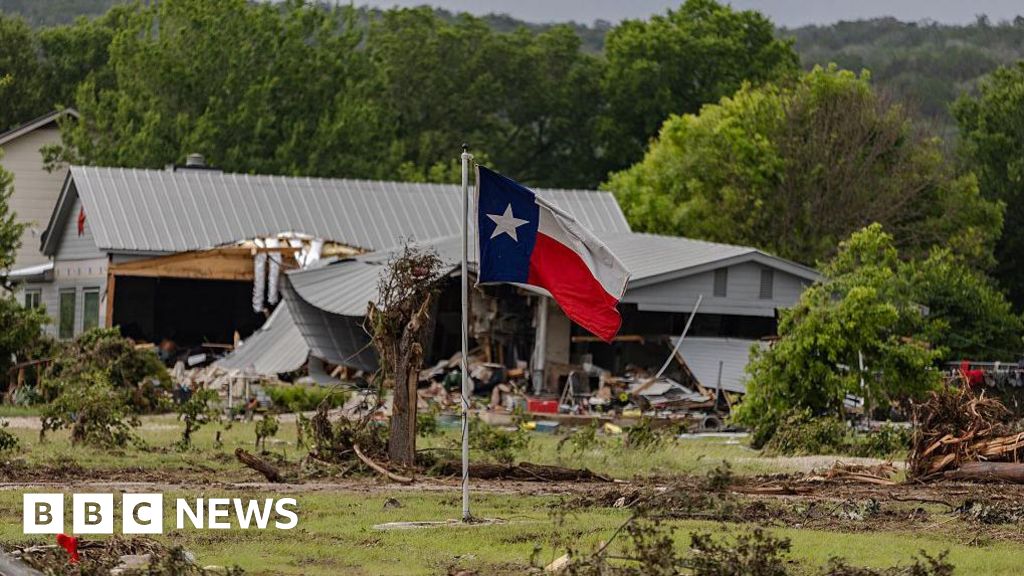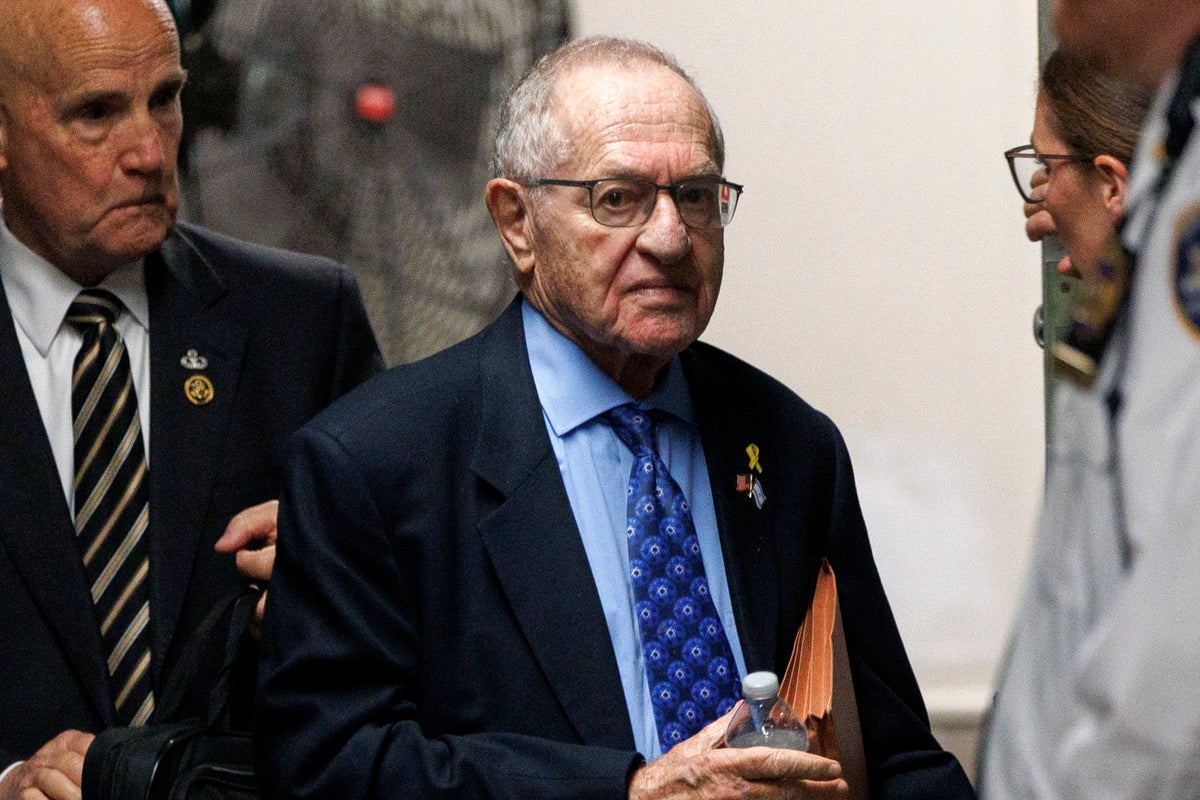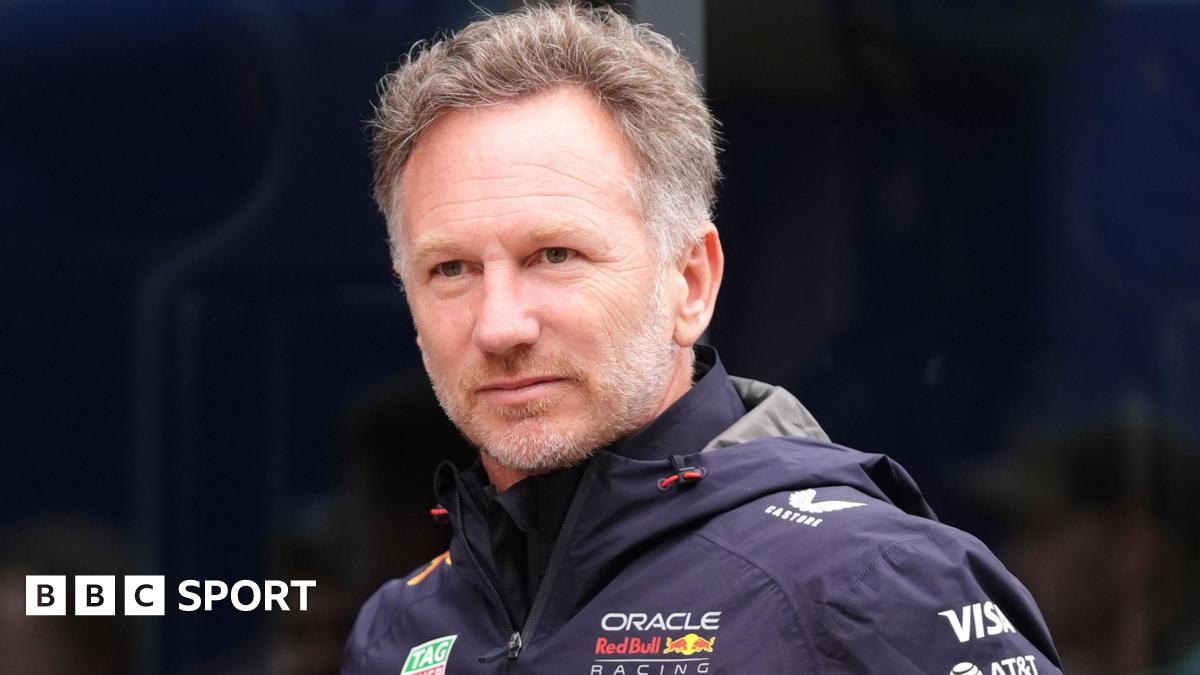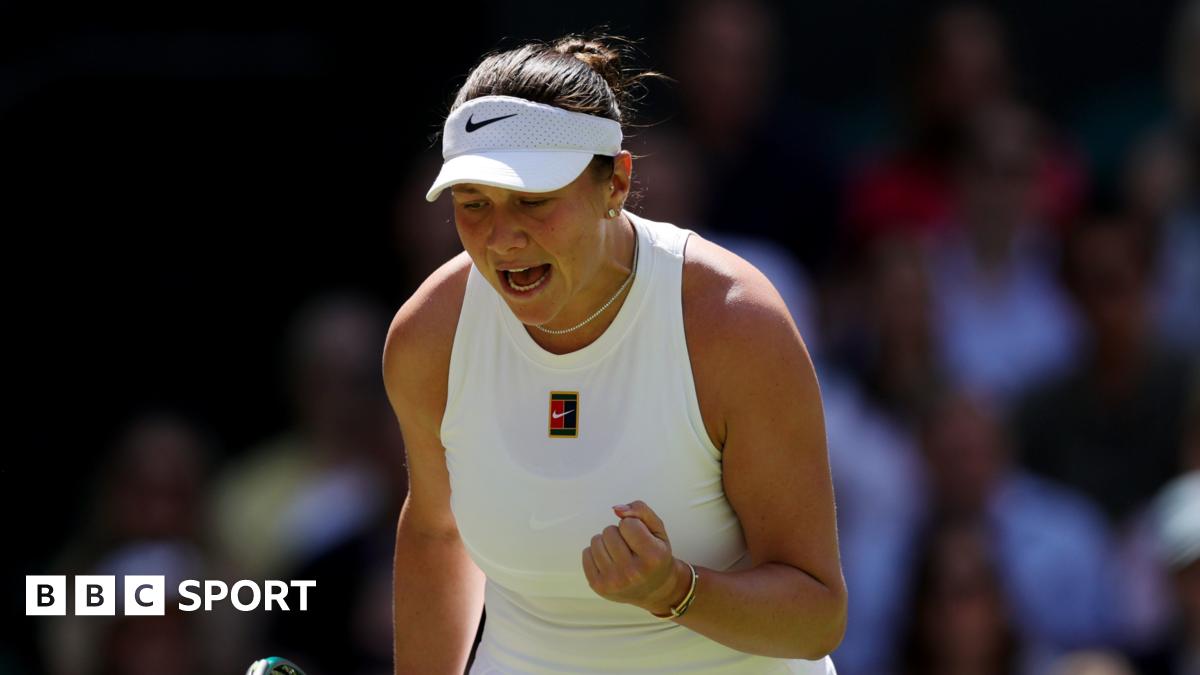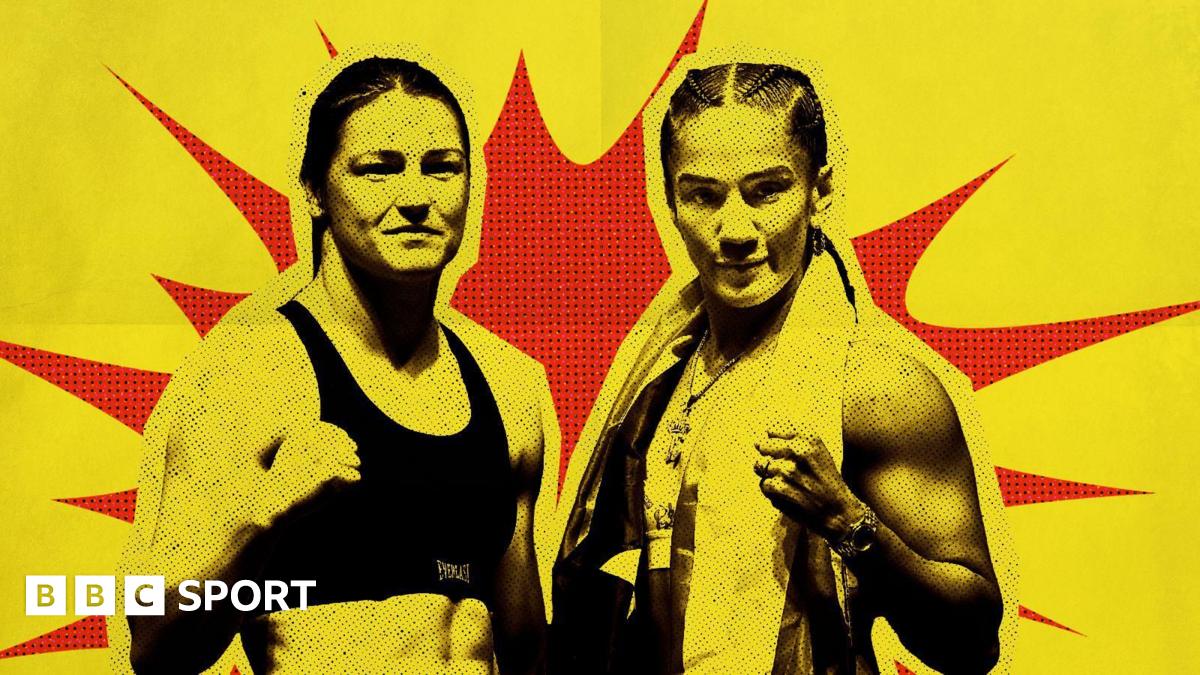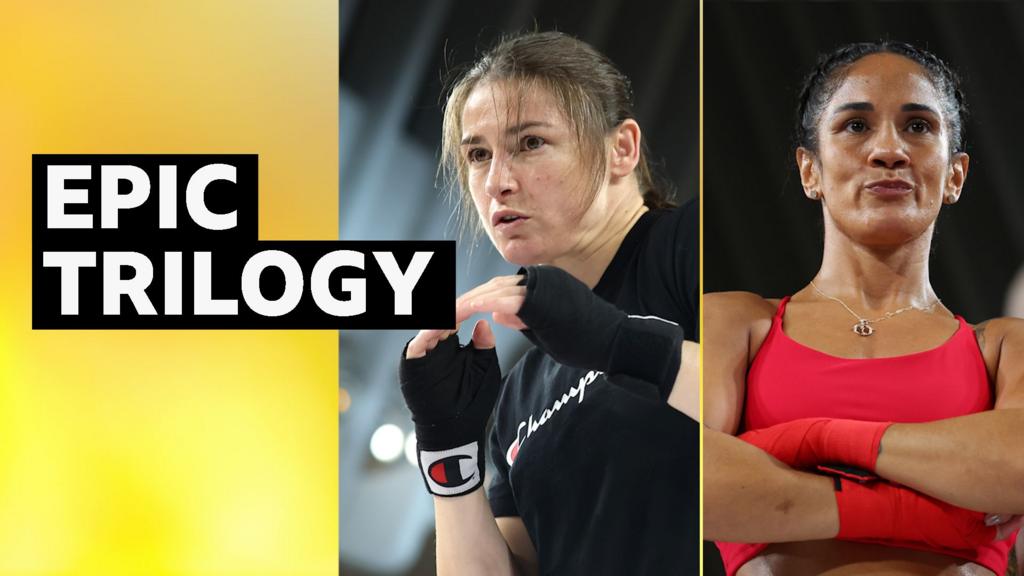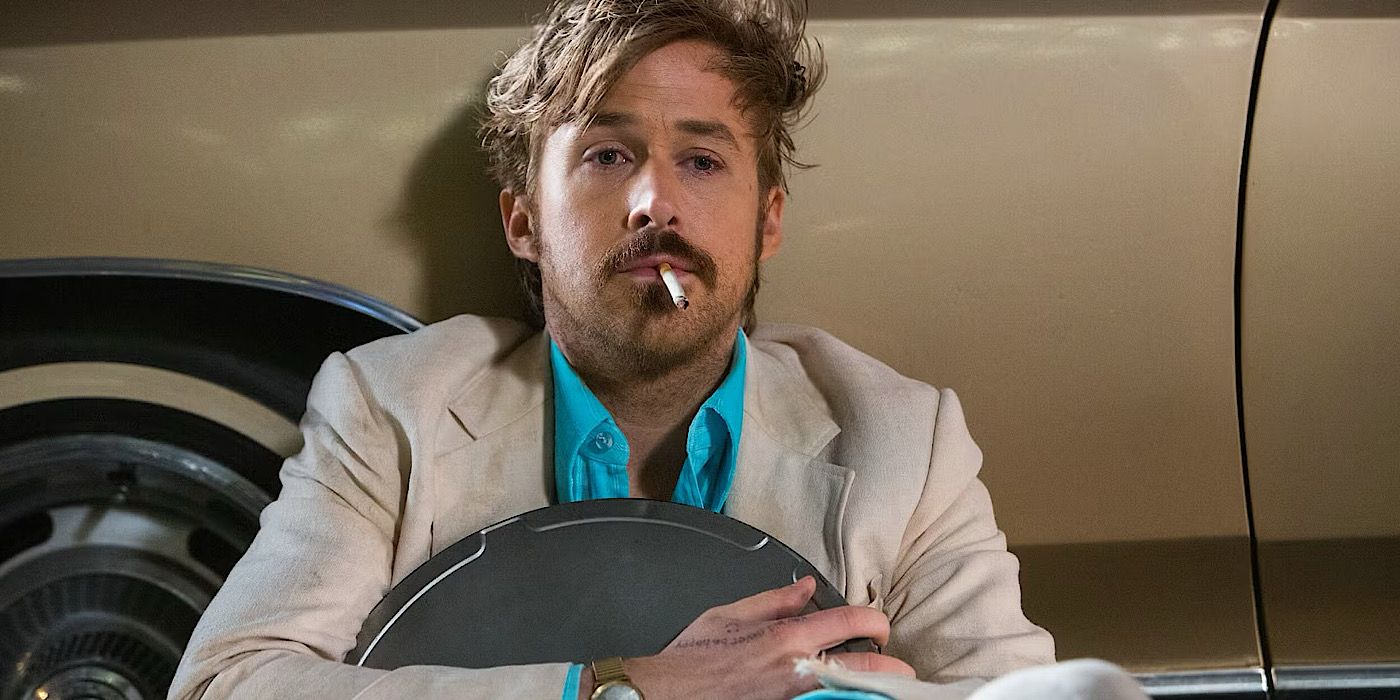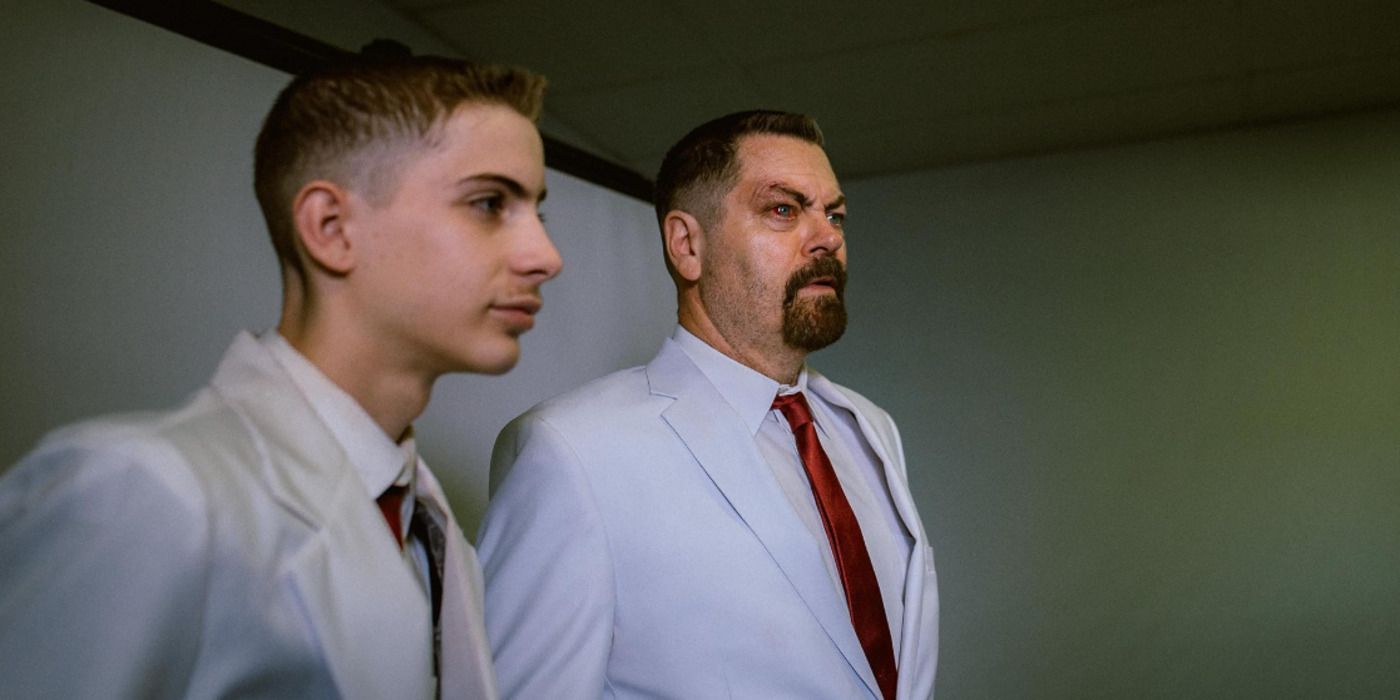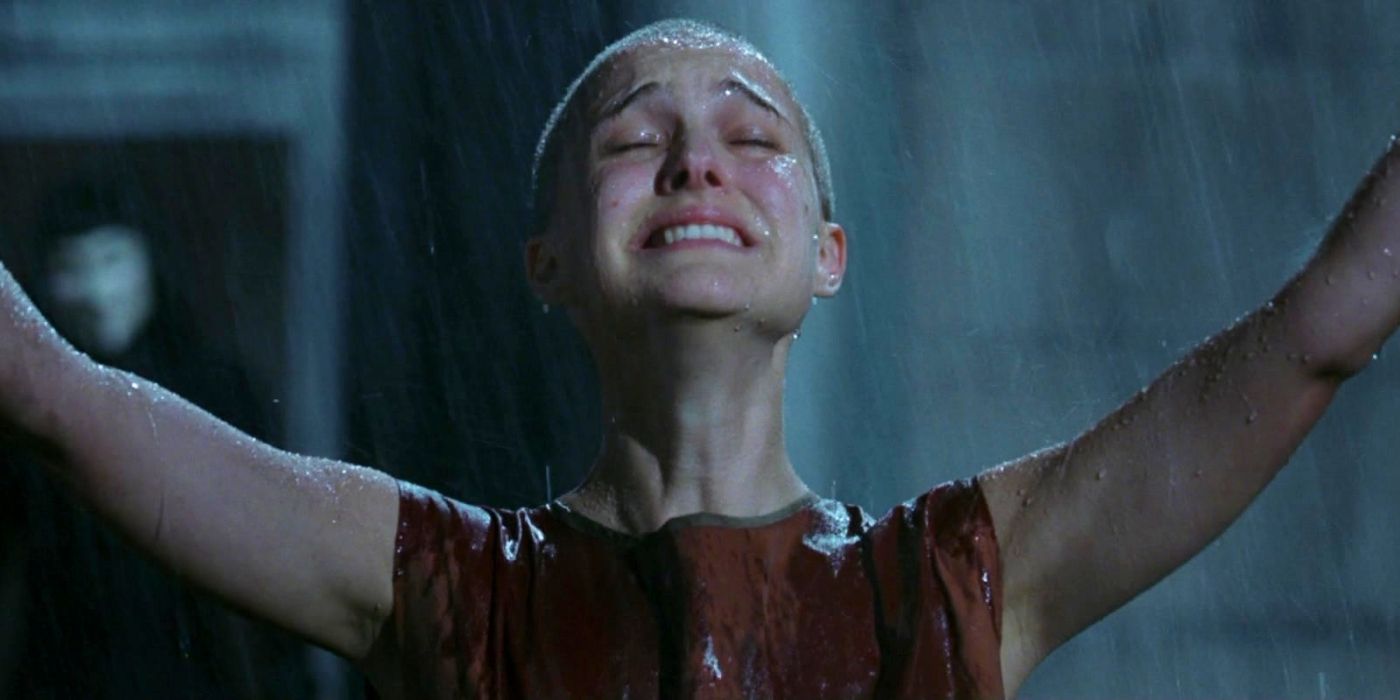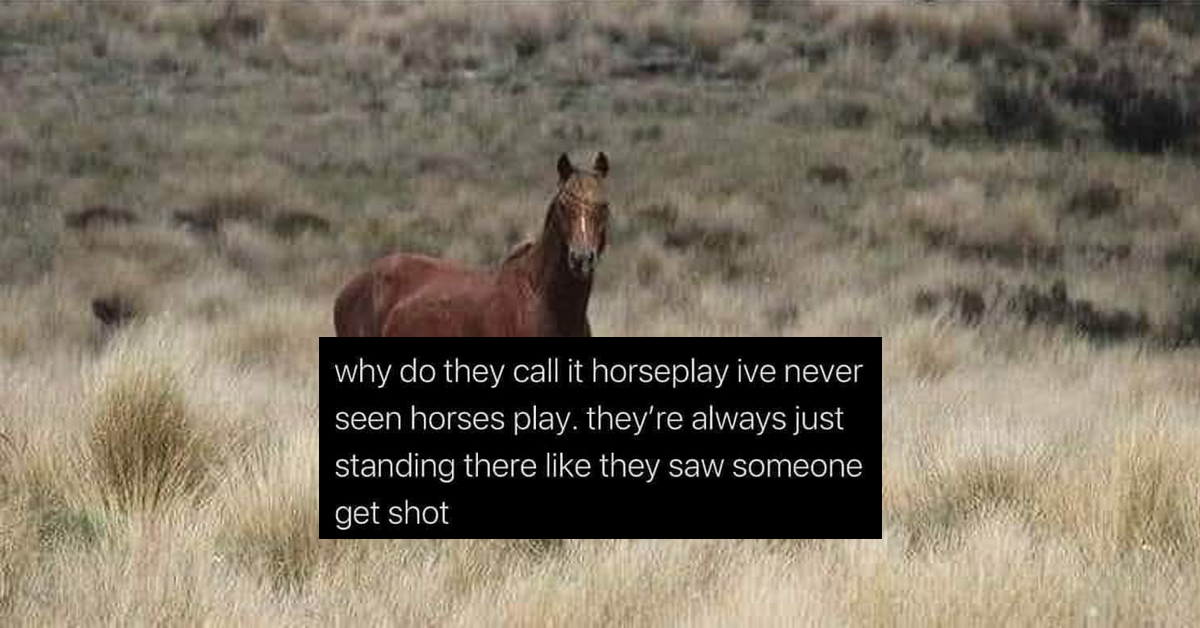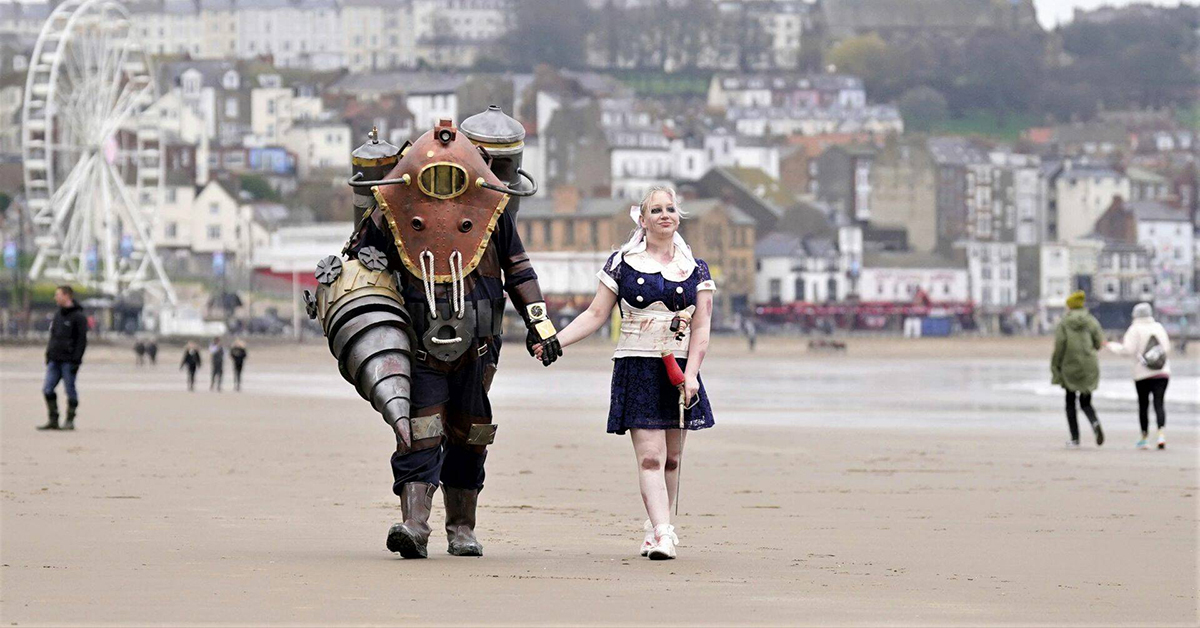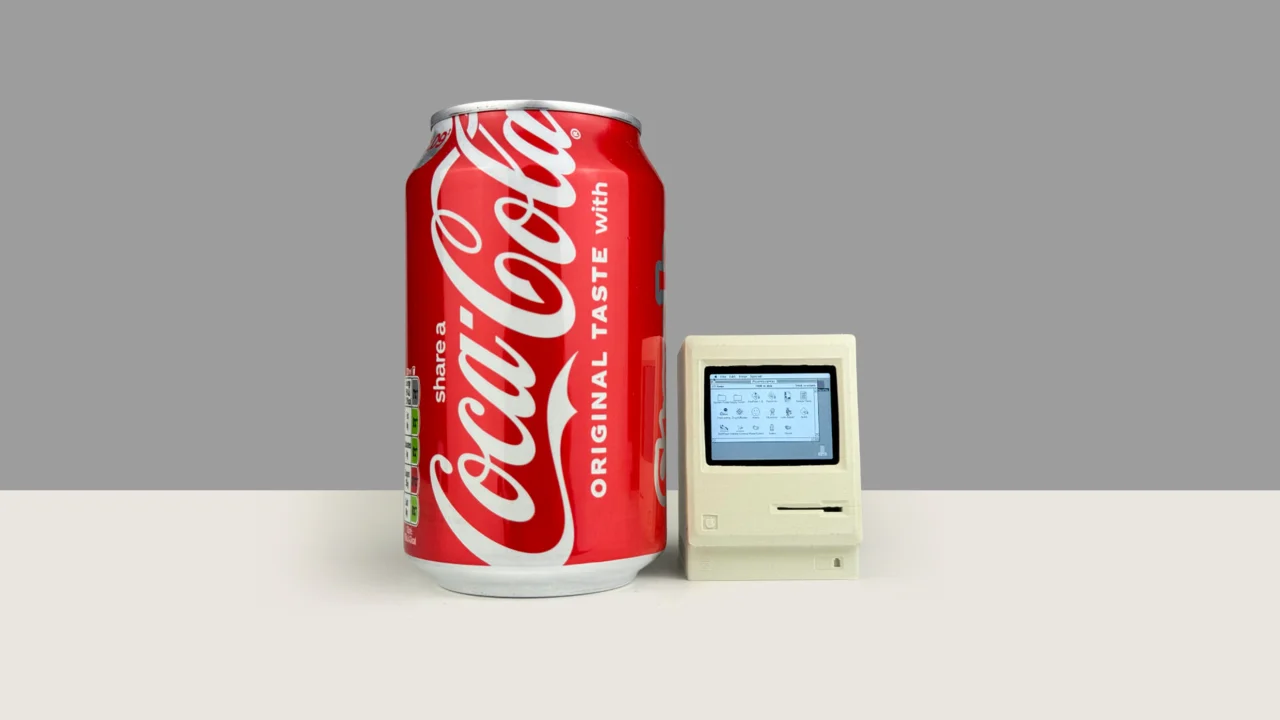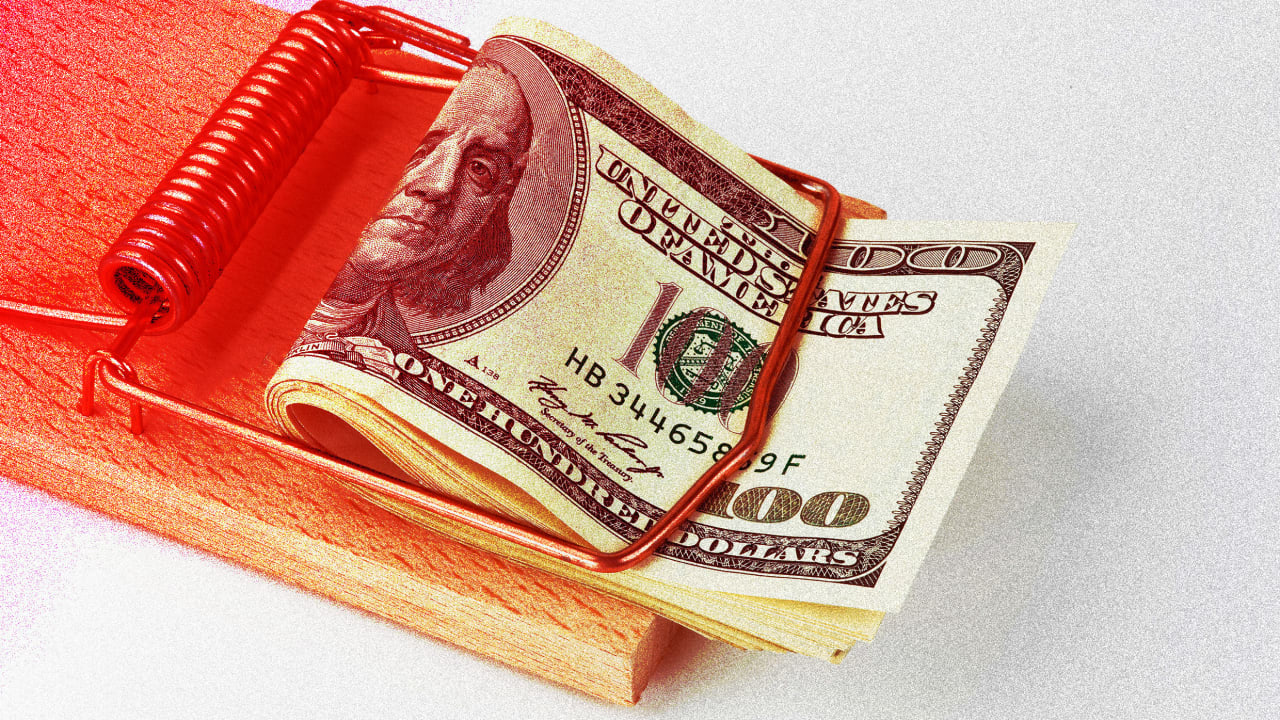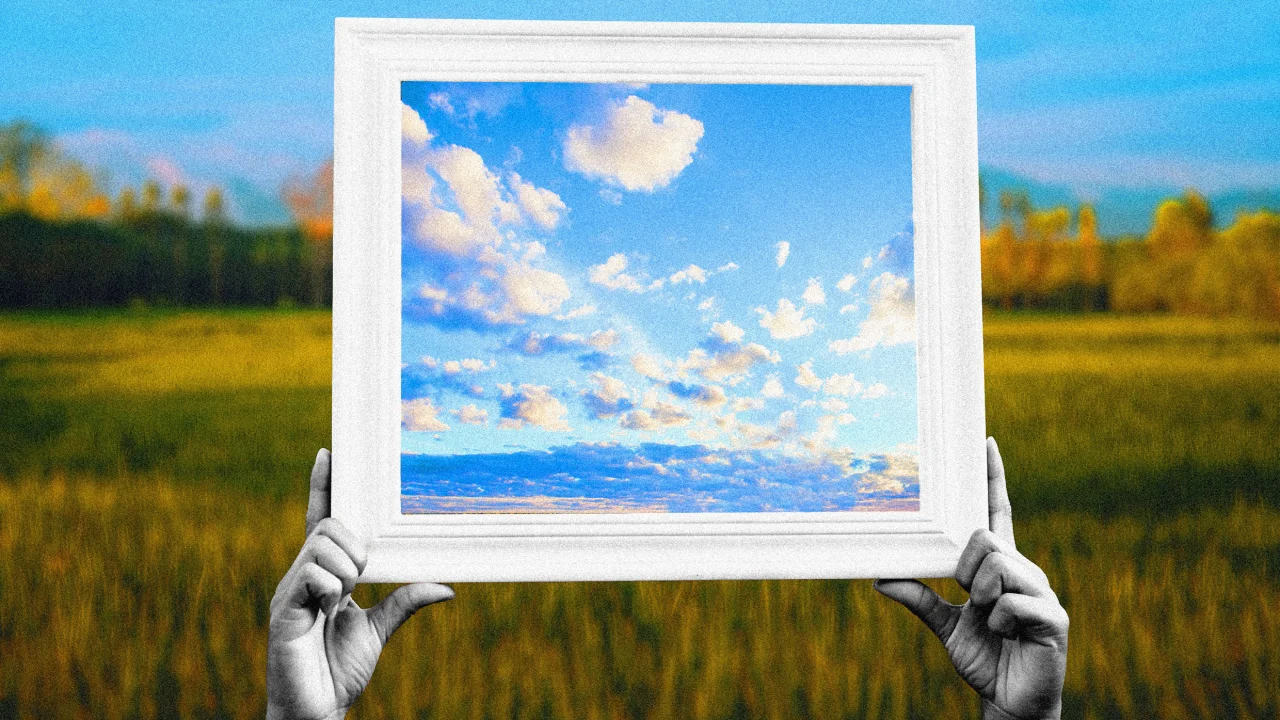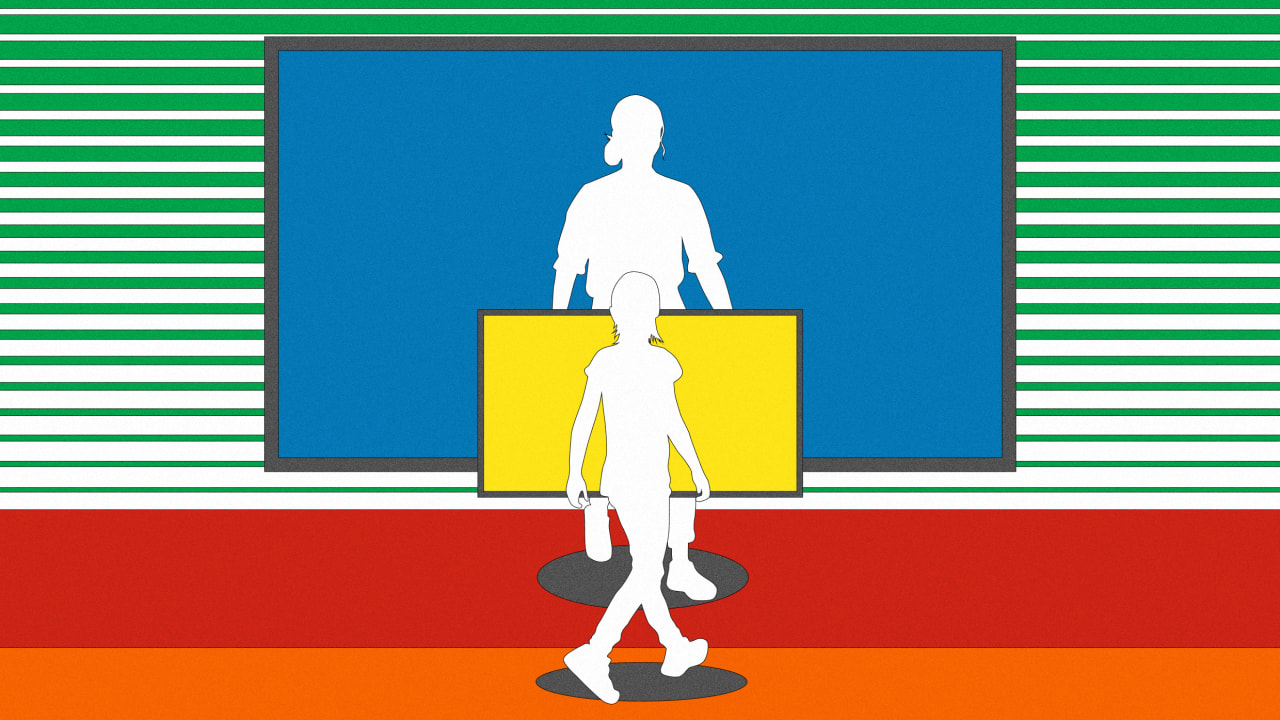For creatives, perspective is tomorrow’s most valuable skill

Believe it or not, this is the best time in history to be a creative. Technology advances and platforms like Instagram and TikTok have dramatically lowered the barriers to create work and share it with the world. There’s less emphasis on formal degrees or certifications, and more value placed on having a portfolio that reflects your taste, sensibility, and point of view.
At the same time, it’s become more challenging to land (and keep) an entry-level role at an agency or design studio. Studies show that client pressure to produce more assets for less money has driven the push for greater efficiency in time and budget. As a result, teams have become leaner and more reliant on seasoned talent who can operate independently from day one.
With many teams still working remotely or in the office only part time, the expectation is often to self-manage and deliver with minimal oversight—something that’s inherently more difficult for those just starting out. In my work with the creative organization and educational charity D&AD, I’ve seen firsthand that it’s a complicated picture, full of real structural challenges. And it’s evolving in real time.
But this moment is also full of opportunity, so long as creative talent and educators evolve accordingly and don’t ignore the industry’s changing creative needs. Today, nurturing creativity isn’t about learning specific skills in design, VFX, production, writing, and more. Instead, it’s about perspective—each creative’s unique lens on the world informed by their lived experiences, personal network, and interactions. And it must be nurtured if we’re to navigate the uncertainty the industry is facing.
A critical creative shift
The accessibility of creative tools—and their ease of use—have opened the industry to fresh voices and perspectives. It’s part of the reason we initially launched Shift, our free night school for self-taught creatives, to serve a growing influx of diverse creators coming from outside traditional pathways. Similarly, emerging tech is also fueling record-breaking creative output. This past year alone, we’re increasingly becoming accustomed to embracing and awarding work utilizing AI to push creative boundaries. But while more people are creating at a higher frequency, far fewer are doing it with the focus, consistency, and discipline required to achieve real expertise or mastery.
While the concept is often contested, Malcolm Gladwell popularized the idea that it takes 10,000 hours to truly get great at something. It’s harder to reach that threshold in today’s creative industry. The pace is fast, attention is fragmented, and opportunities to go deep into one discipline are increasingly rare. We’re also missing the network and community that made it easier in the past.
While some might say that taste and storytelling are the creative skills that will help talent survive this industry-wide shift, the truth is that both are becoming table stakes. The real creative differentiator is the ability to leverage your unique perspective, developing an insight that addresses a challenge. Then, you have to be able to articulate your perspective well enough to orchestrate creativity around it—to lead multidisciplinary inputs, shape ideas across human and machine collaborators, and still land on something culturally relevant.
In a world where the tools are accessible to everyone, the people who can apply their voices and direct creative impact—not just generate more and faster creative outputs—become indispensable.
Now, that doesn’t mean that everyone needs to be a content creator or a polymath. What’s changing is the need for new and deeper cultural points of reference, the ability to articulate and communicate those references, and the expectation that creatives understand how different mediums and roles interact. Even if you’re not doing it all yourself, you need to be able to collaborate across disciplines, speak multiple creative “languages,” and move fluidly between ideas and execution.
Value your experiences
As talent looks to future-proof their careers, there’s several steps they can take to make sure their unique voices and experiences become valuable assets in meeting tomorrow’s creative needs.
First, they should hone their perspective, particularly if they’re coming to the creative industry from non-traditional educational or cultural paths. Not only do they not need to conform; the industry urgently needs its nonconformist perspectives to evolve. Increasingly, when brands and orgs ask creatives to address a specific challenge, they don’t want guesses from outsiders to that challenge. They want people who can speak to their own communities—with similar interests, concerns, impulses, and experiences. In this sense, creatives can be the missing insight that the industry is lacking. So, they should do what they can to protect and value their identities.
But also, talent should go beyond traditional skills as they expand their creative knowledge. The bulk of education can’t be only focused on learning creative tools. In our Shift program attendees, we often see gaps in industry literacy: how roles work, how to respond to a brief, or how to turn creativity into a career. Creatives should seek out opportunities to build those more practical skills through classes or even mentorship. This kind of knowledge not only makes it easier to earn a job and helps shape good work, but fuels the confidence behind it.
While most companies say creative talent is key to their business, few invest in developing that talent in ways that speaks the language of ideas, ambiguity, or cultural tension. These are the creative building blocks of insight. And it’s crucial that we cultivate this resource if we want to ensure a strong creative future.
Kwame Taylor-Hayford is the cofounder of Kin and president of D&AD.
What's Your Reaction?
 Like
0
Like
0
 Dislike
0
Dislike
0
 Love
0
Love
0
 Funny
0
Funny
0
 Angry
0
Angry
0
 Sad
0
Sad
0
 Wow
0
Wow
0



